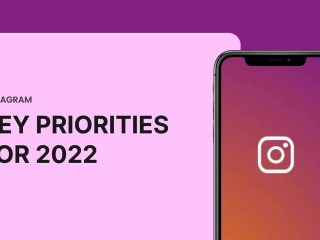A Response To The Lack of Authenticity Plaguing Social Platforms
A new social media platform has emerged, titled Tagg, focused on helping users develop their social branding which they define as “the intersectionality of branding yourself and the social behavior of connecting. It runs on the doctrine of connection through interest-based content creation”. As of late, Tagg has managed to garner seed money from established digital executives, including Twitter co-founder Boz Stone, TripAdvisor’s Stephen Kaufer, and Ed Baker, a former Facebook executive.

[Image Creds: LinkedIn]
Tagg’s main aim is to allow their users to differentiate themselves from others on the platform; while similar in fashion to other link-in-bio services, Tagg instead promotes connections between users based on shared interests, not necessarily driven by trends.
As such, Tagg will also allow users to use the platform as they see fit. If they want to use it to socialise or promote a professional practice, the platform will accommodate them to do so, conforming with Tagg’s goal of freedom of expression. Tagg issued the following statement:
“Current social platforms are not built for multiple interest-based content sharing. This obviously pushes you to present yourself in a very one-dimensional manner.”
Tagg features no likes on posts; this is done in an attempt to appease the Gen-Z demographic, who do not wish to be targeted or compare themselves with others in a superficial manner. Tagg hopes these features will allow an individual to provide a greater degree of authenticity on how they display themselves online. However, Tagg will still allow for comments, shares, and views to be visible.

Tagg notes 88% of Gen-Z consider their presence online as their brand, and are keenly observant to the ease in which it can be taken advantage of. Given the scrutiny other social media platforms such as Tik Tok and Instagram have recently come under for promoting harmful content, Tagg may have found a way to circumvent a majority of these issues.
Moving forward, Tagg has implemented a system to see how a user’s content is shared and engaged. Although these features don’t have a specific functionality yet, it should allow for their users to receive rewards for their creativity in the future. This would also let Tagg support their creators in a more sustainable fashion, avoiding what they view as inconsistent brand deals. However, their main focus right now is getting more users off the waitlist and onto the platform.

Tagg appears to have taken the next step in evolving social media, providing a new platform for the Gen-Z demographic. It’s effectiveness will only become apparent once the wider public can access it.
Finally, for our previous #SocialShort, click here.






